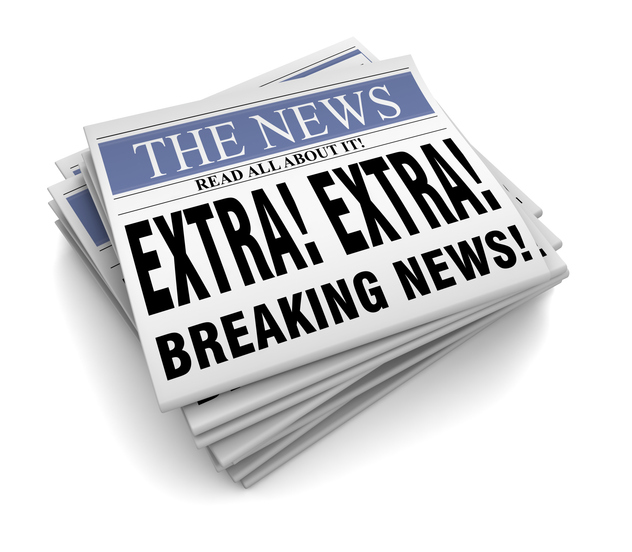There are many editing and plain language conferences planned this year.
The art of the query
 Carol Fisher Saller, editor of the Chicago Manual of Style Online’s Q&A, writes in her book The Subversive Copy Editor, “To see the author-editor relationship as inherently adversarial is to doom yourself to a career of angst and stress.”
Carol Fisher Saller, editor of the Chicago Manual of Style Online’s Q&A, writes in her book The Subversive Copy Editor, “To see the author-editor relationship as inherently adversarial is to doom yourself to a career of angst and stress.”
Fisher Saller’s sage advice provided one of the seeds for my newly developed workshop, The Art of the Query, which I presented recently to Editors BC. Too often in my career as a teacher and mentor to new editors, I have witnessed very poor querying skills that led to sometimes disastrous—and always unnecessary—difficulties with the author.
Fisher Saller was one of the noted speakers at the recent ACES conference in Portland, where I had the privilege of presenting my workshop again, this time in a shortened one-hour format. I pitched my presentation as suitable for beginning editors, and I was gratified to have a full room with about 100 attendees, many of them far past the beginner stage, and most of whom agreed that you can’t be reminded often enough of how important effective querying is in the process of editing.
I can’t give you my whole workshop in a blog post, of course, or even the one-hour version, but here are 10 keys to effective querying to keep in mind on any project.
- Focus on the reader, not the writer. Avoid accusing the writer of being obtuse or unclear. Ask your query on the reader’s behalf (e.g., “Many readers may not be familiar with this term…”).
- Say something positive. You don’t have to be insincere. There is always something good you can say. Keep in mind that writing is hard work, and it’s unlikely the writer set out to be unclear.
- Don’t be patronizing. Your job is not to scold but to help the writer clarify and improve.
- Avoid arguments. If your queries start to sound like mini-lectures based on the latest usage manuals, your writer is likely to turn off.
- Avoid imperatives. Instead of “Make this sentence clearer,” suggest an alternative with a brief explanation of why a change is needed.
- Don’t query something you can easily answer yourself. If you can correct a place name spelling or a date with an easy fact-check, don’t burden your writer with the work.
- Mind your manners. Some editors shorten their queries to the point of rudeness. Saying “please consider” can go a long way to getting a writer to co-operate.
- Avoid queries that can be answered with a yes or no. Ask a specific question. Early in my career, I asked an author, “Can you make the instructions clearer?” to which he answered, “No.”
- Keep your queries to a reasonable length. If your query is more than a sentence or two at most, your writer is not likely to read to the end … or at all.
- Choose your battles. Be prepared to compromise. If you don’t get the answer you want, will the manuscript still stand up?
If you would like more information on me or my workshop, check out a recent interview, or contact me through this website.
Comments (2)
Comments are closed.




[…] colleague Ruth Wilson teaches an excellent workshop called The Art of the Query, and in a blog post she summarizes her advice on how to diplomatically work with authors. I would like to expand this […]
[…] why an author wrote this instead of that or emphasized one point over another. When I query, I need to make my wording crystal clear. I may be asking about something the author thinks is obvious, so I have to show exactly why it is […]